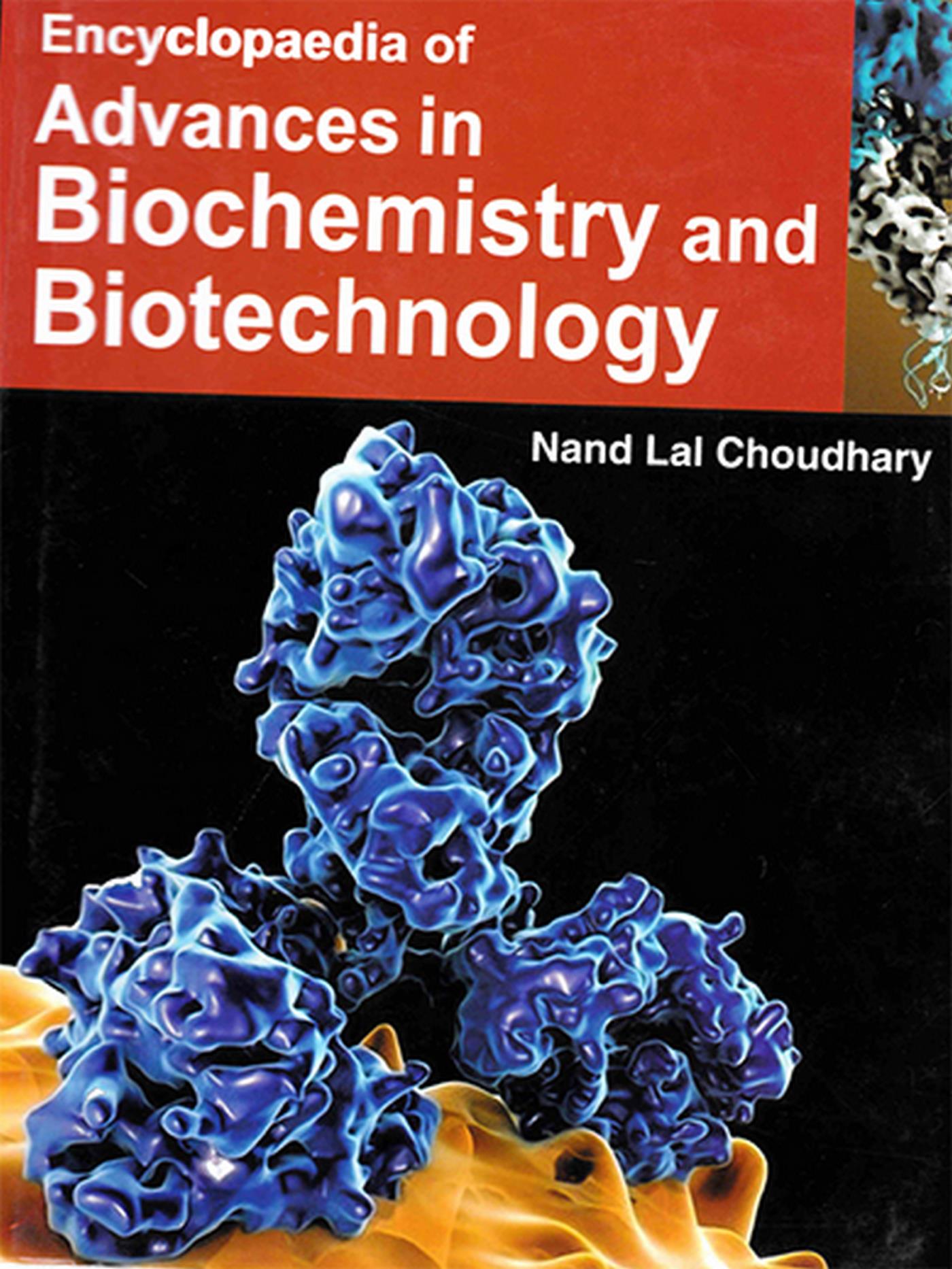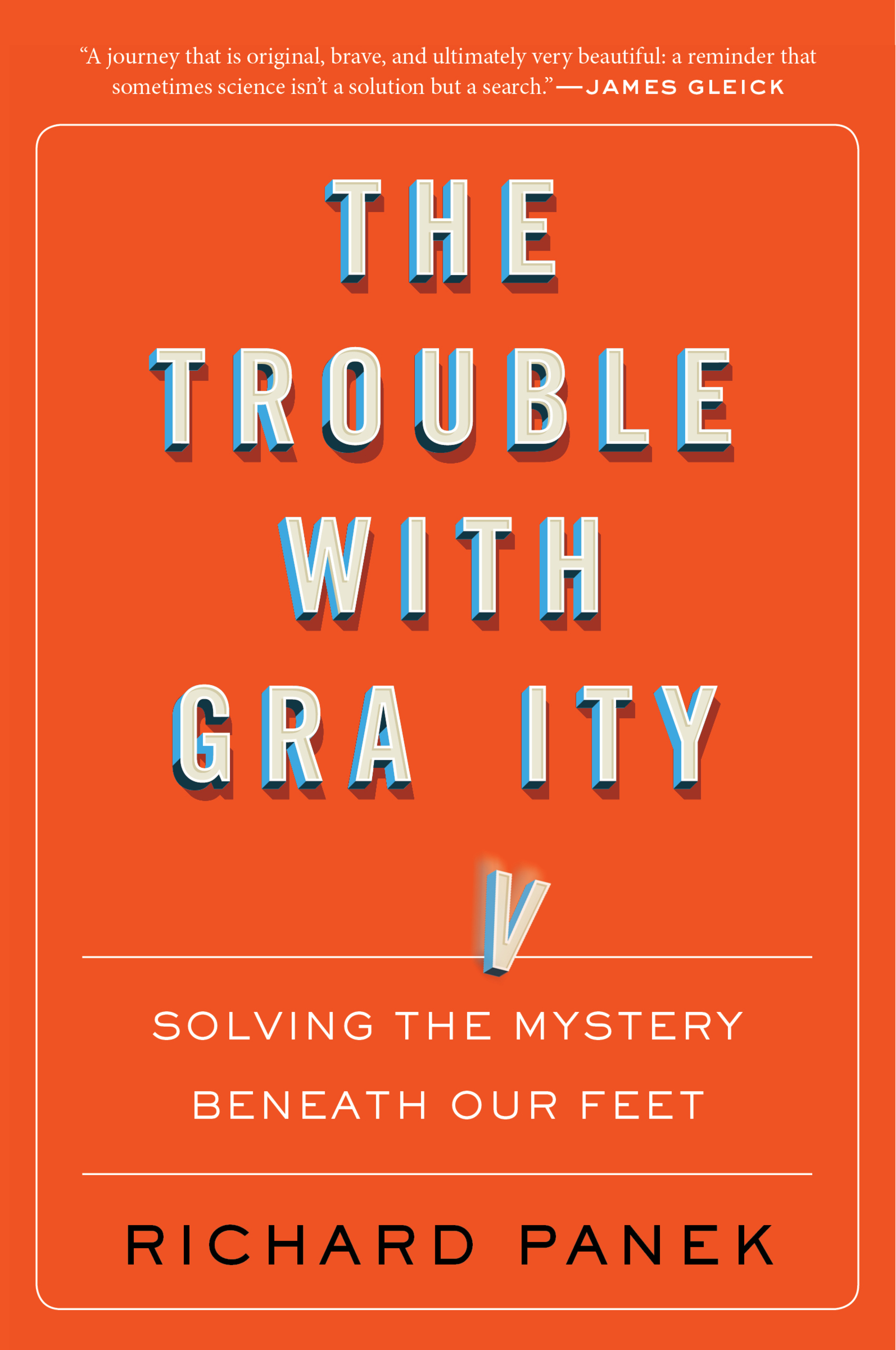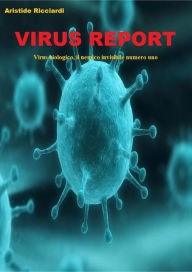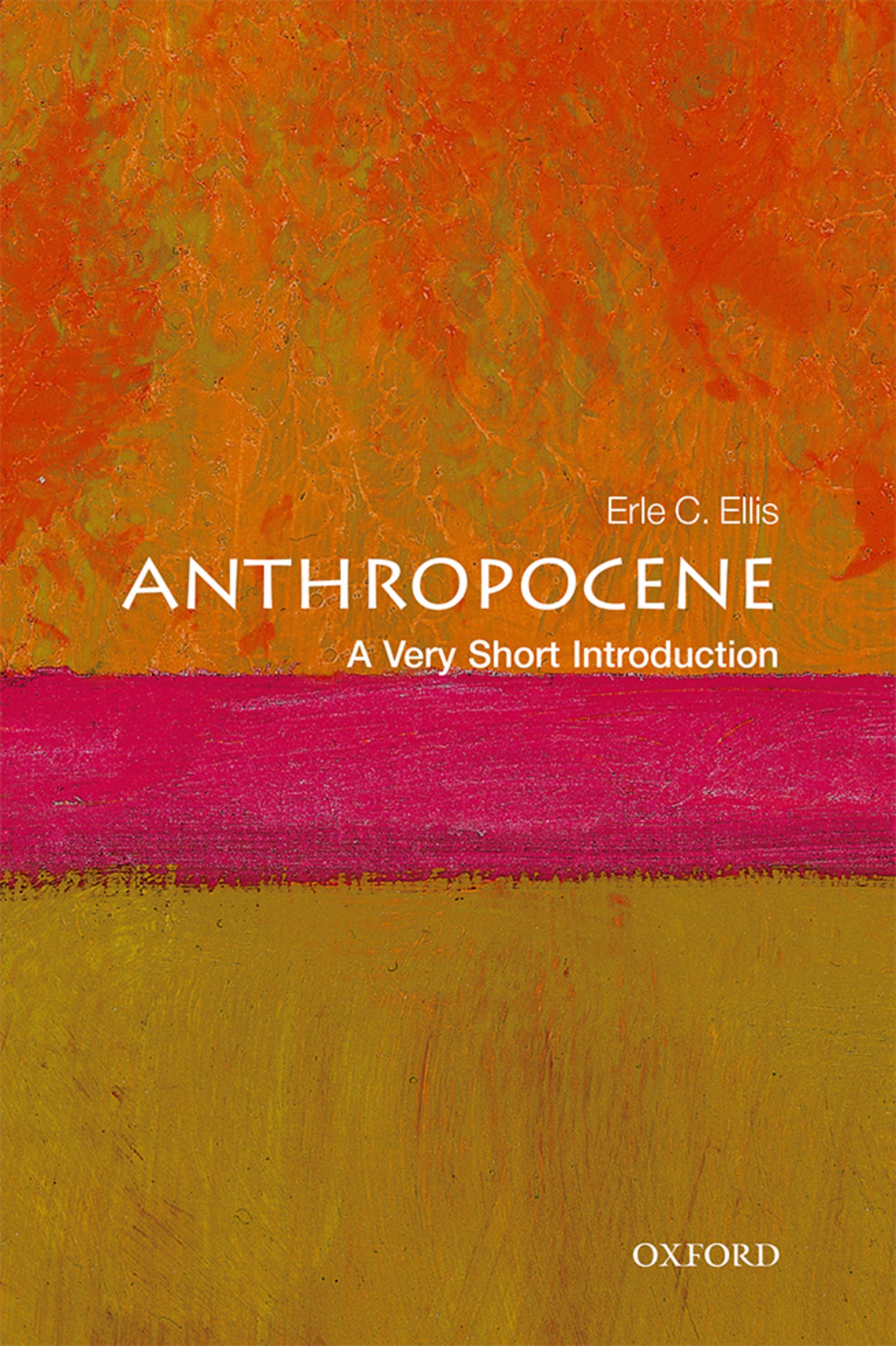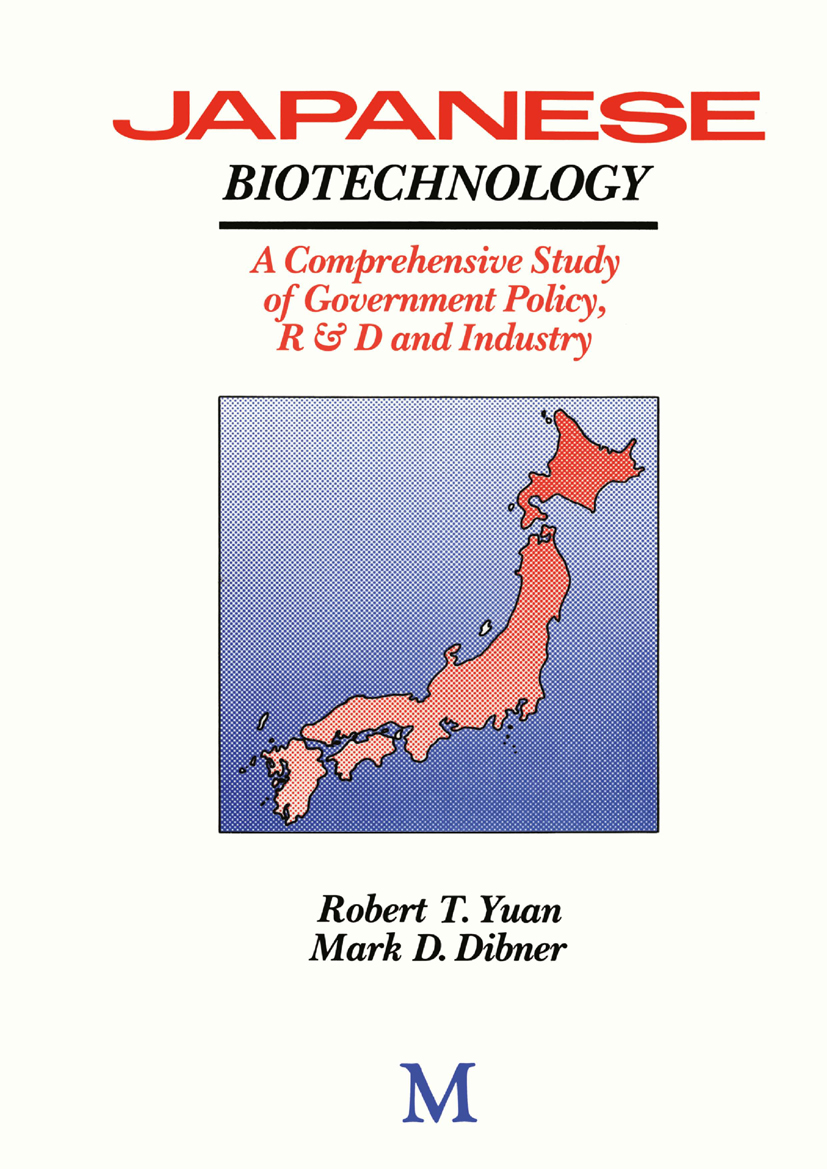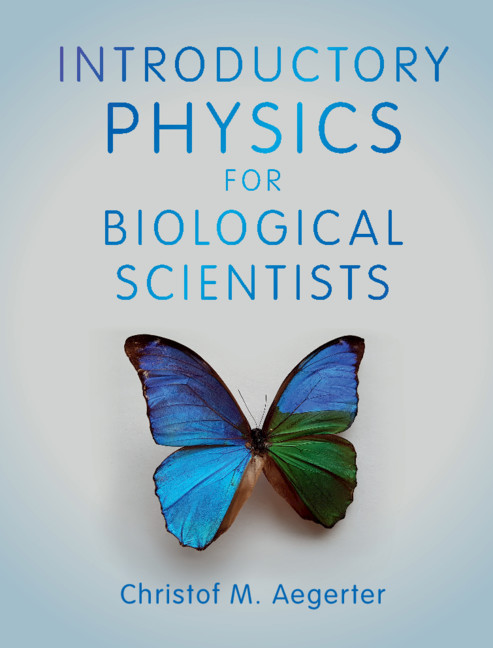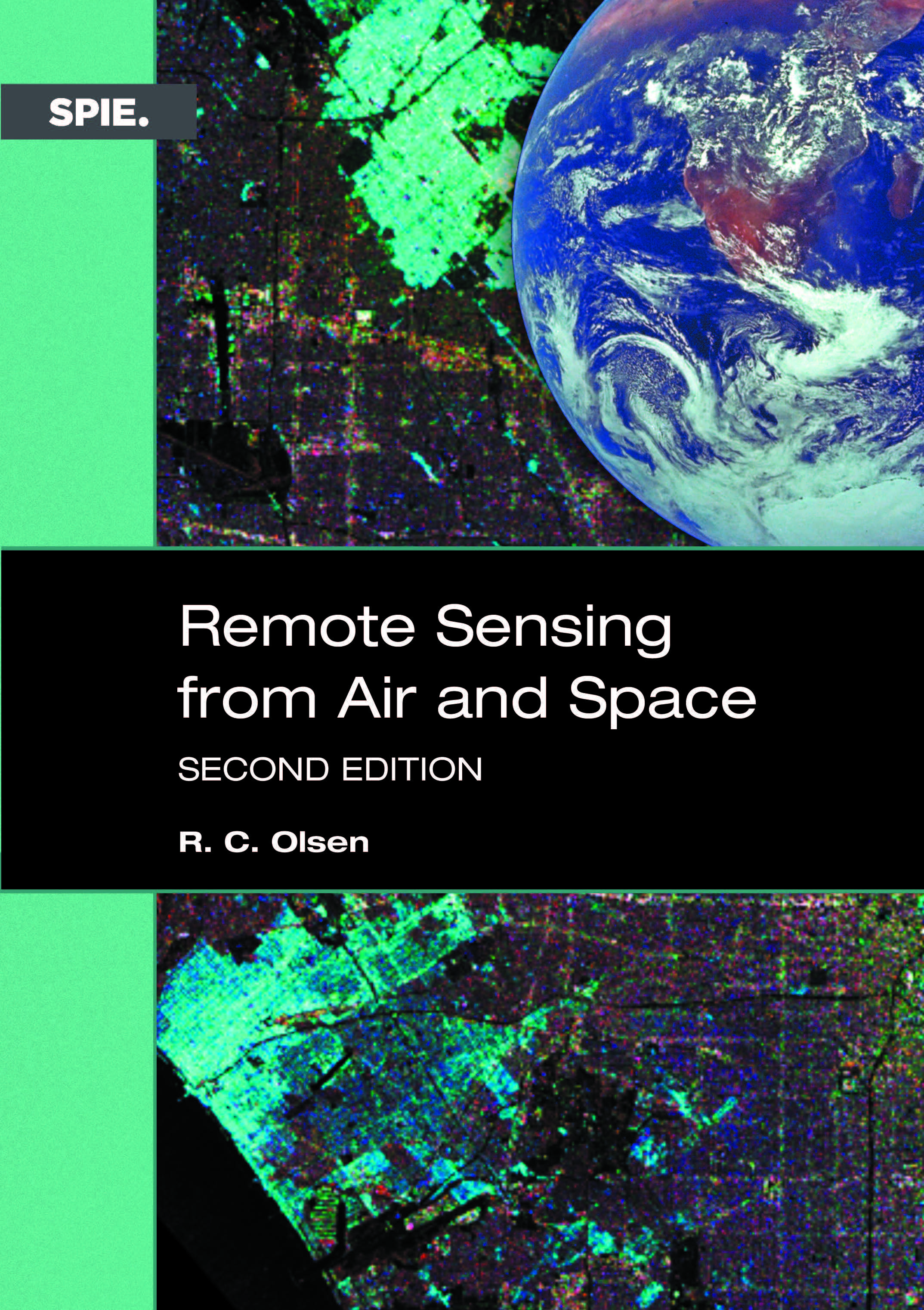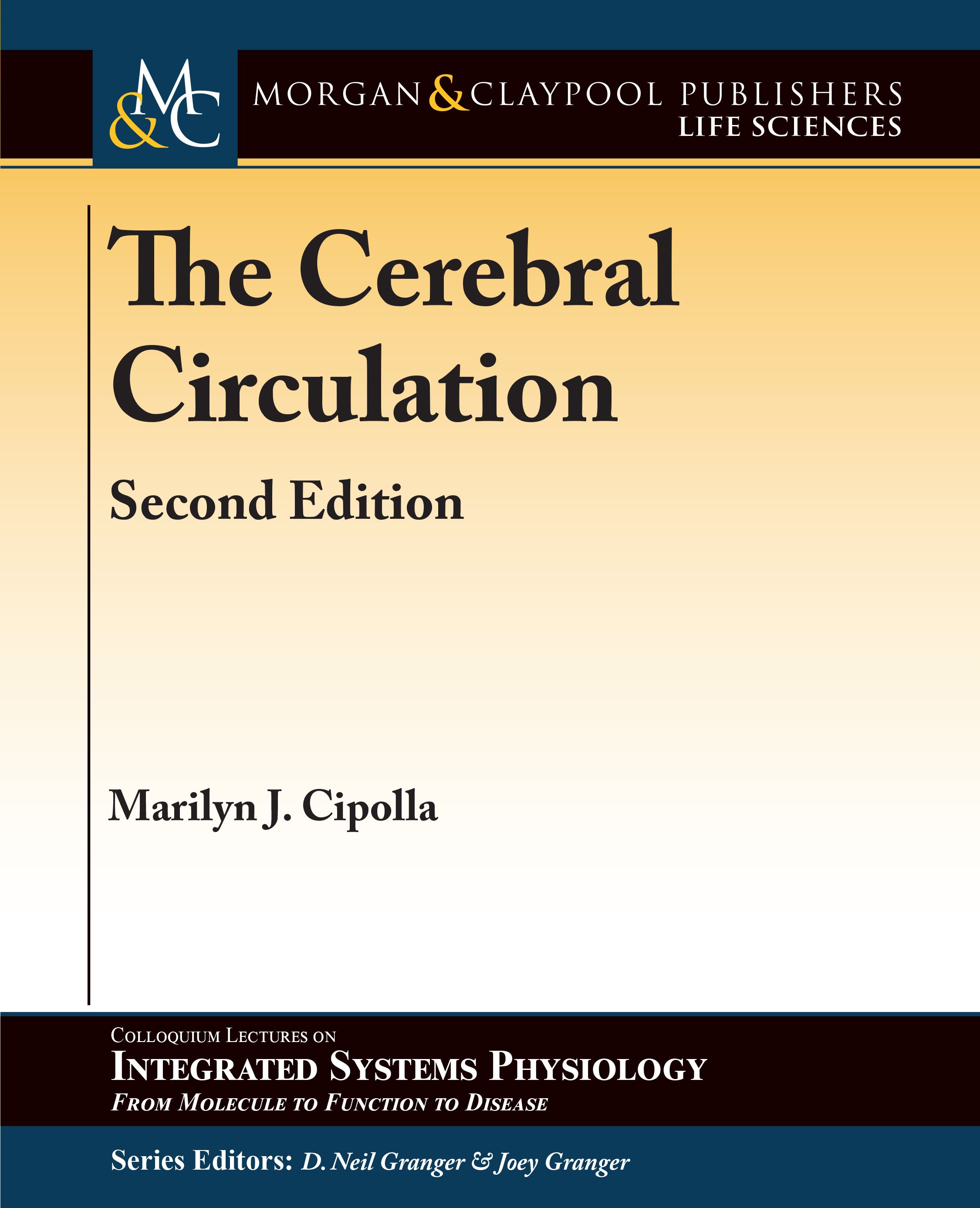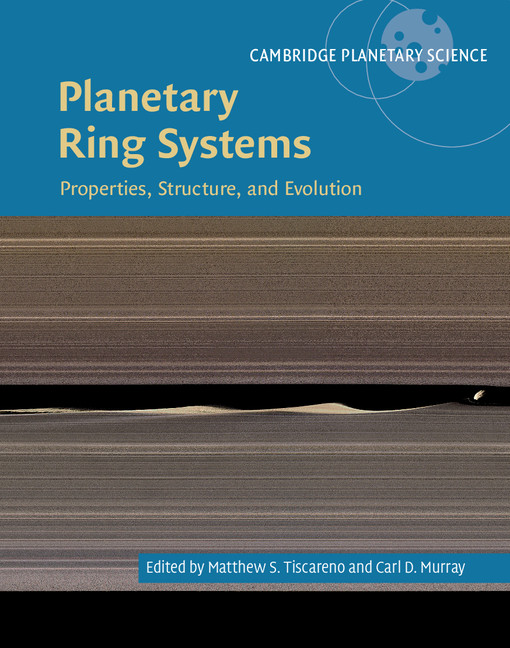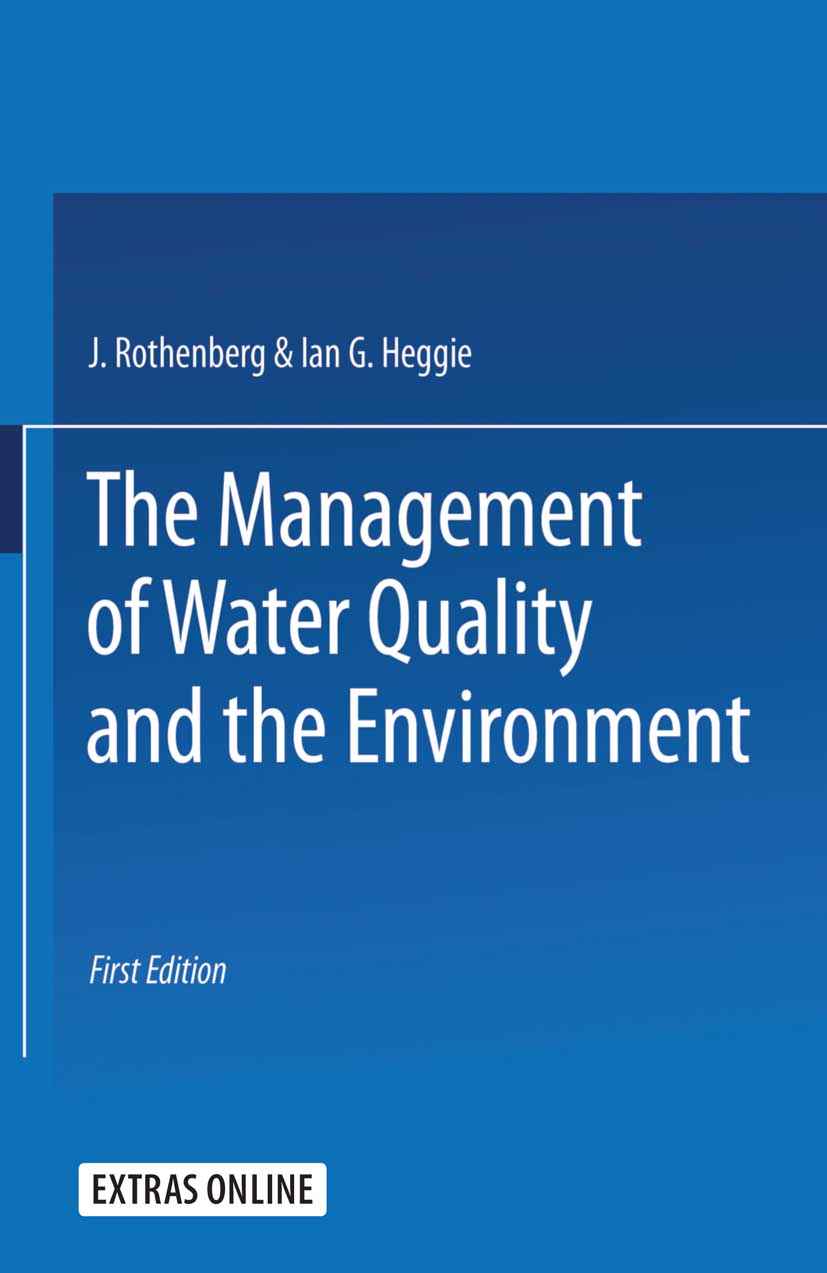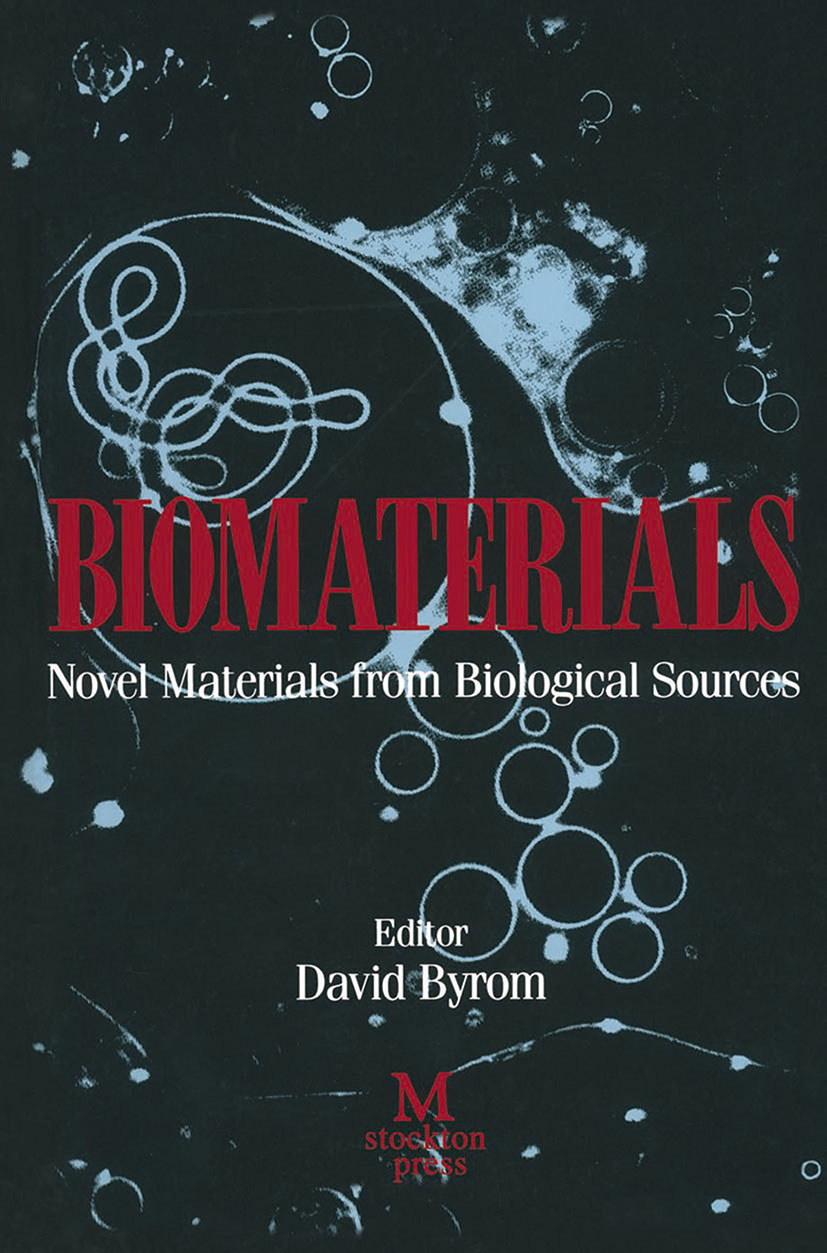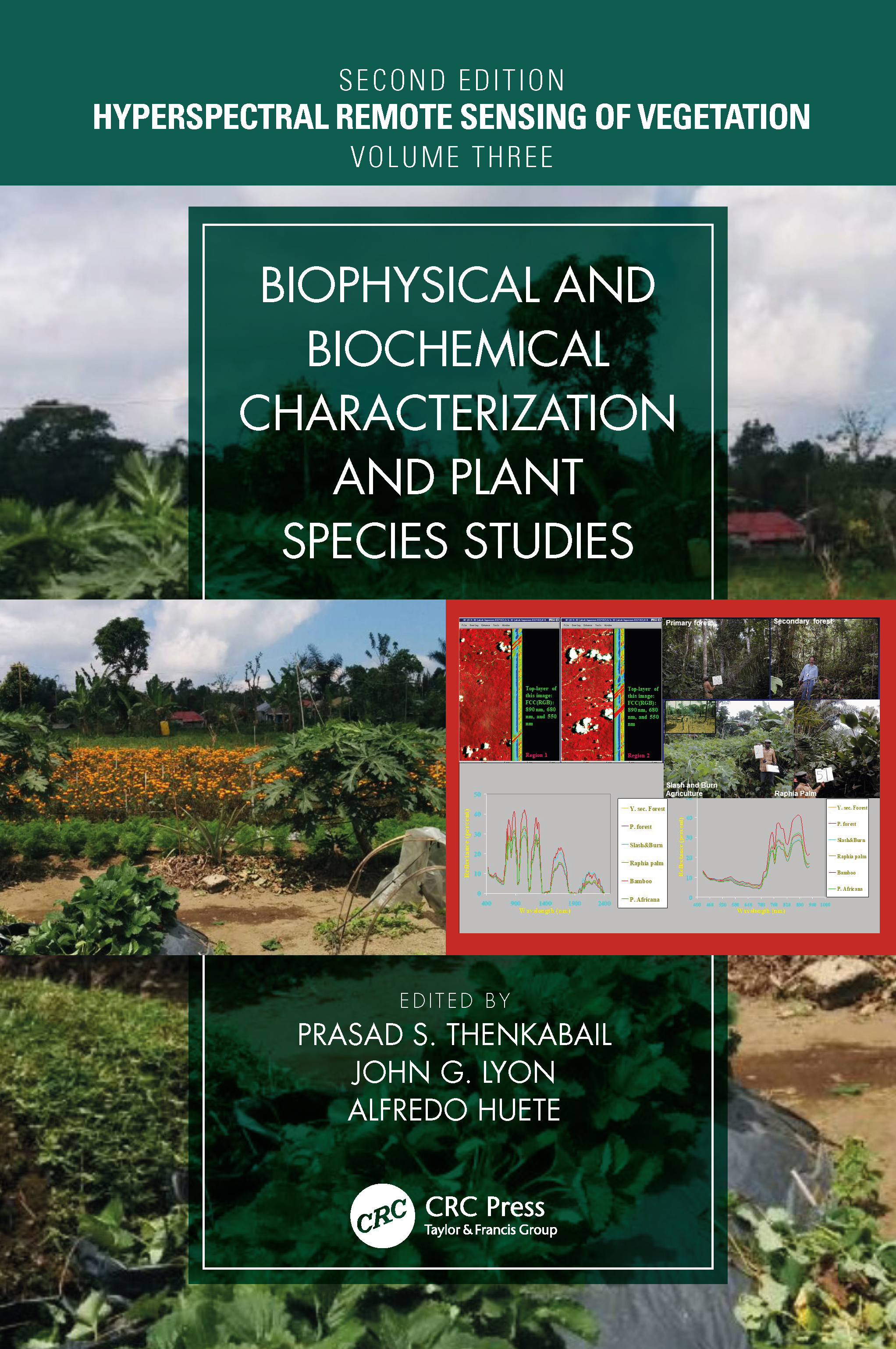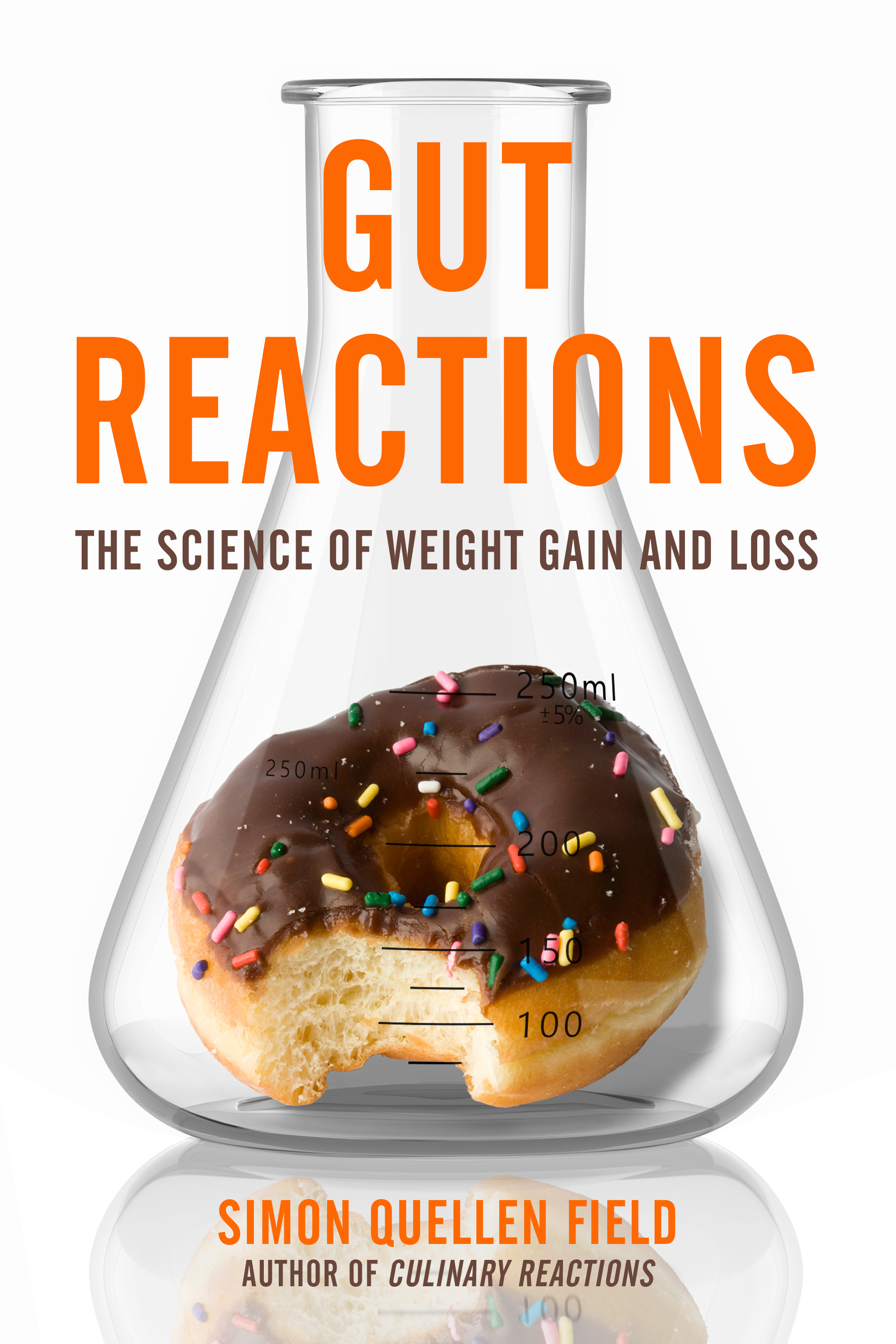Encyclopaedia Of Advances In Biochemistry And Biotechnology Volume-1-2
Encyclopaedia Of Advances In Biochemistry And Biotechnology Volume-1-2
The history of biochemistry spans approximately 400 years. Although the term "biochemistry" seems to have been first used in 1882, it is generally accepted that the word "biochemistry" was first proposed in 1903 by Carl Neuberg, a German chemist. Bio...
Read more
The history of biochemistry spans approximately 400 years. Although the term "biochemistry" seems to have been first used in 1882, it is generally accepted that the word "biochemistry" was first proposed in 1903 by Carl Neuberg, a German chemist. Biochemistry is the study of chemical processes in living organisms. Biochemistry governs all living organisms and living processes. By controlling information flow through biochemical signalling and the flow of chemical energy through metabolism, biochemical processes give rise to the seemingly magical phenomenon of life. The technologies that underpinned the Green Revolution, though still contributing to food production yet, appear to be inadequate to meet the challenges that lie ahead. The expanding population has already taken an additional and serious toll on the natural resources. While solutions to many of these problems are to be found in the applications of wise policies and the allocation of additional resources towards development, new technologies undoubtedly also have major part to play. Just as the green revolution had its origins in science and technology, and particularly in the science of genetics. So the application of new biotechnological methods could lead to a new revolution-the Gene Revolution. The aim of the book is to put researchers engaged in different areas of research on a common platform so as to be benefited by the current state of knowledge in the field of this subject.
Less


